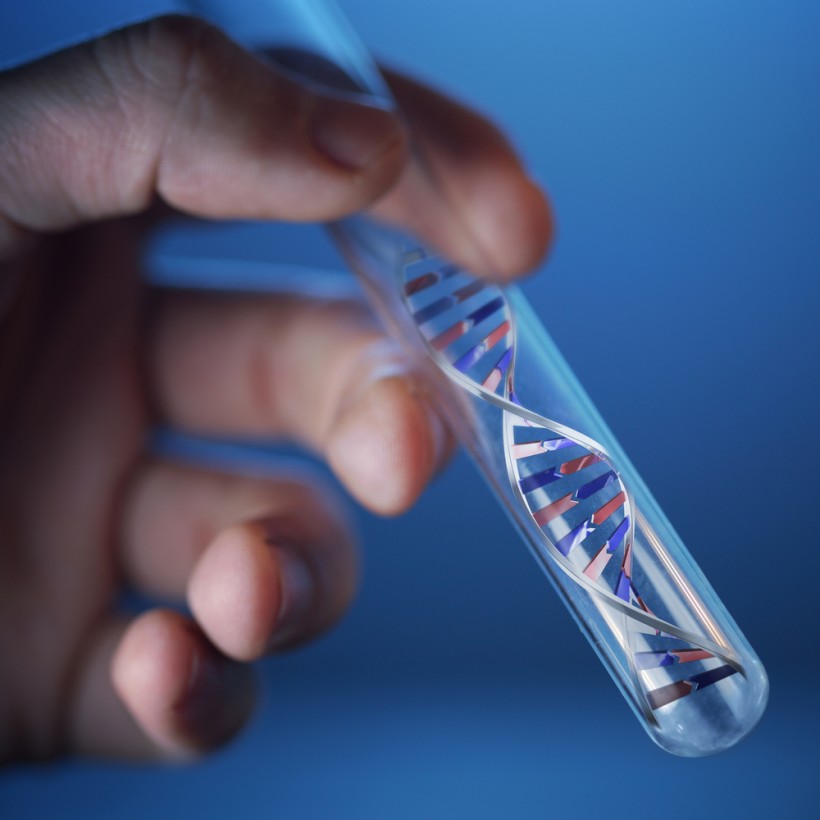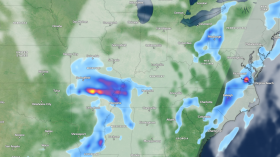Telegenetics and telemedicine is one of the most innovative ways of identifying and treating rare diseases. This is especially helpful within the rural areas. It also plays a big role in genetic services. Telehealth is one of the forerunners when it comes to telegenetics, they have grown significantly within the past year as one of the most significant problems with treating not only rare but common diseases came when a worldwide pandemic struck the world early last year. Patients with rare diseases as well as cancer patients ran a high risk of in hospital infections when being screened and treated on site.
Although research shows that this industry has already served thousands of people in the last decade, the pandemic, accompanied by technology advancements like AI (Artificial Intelligence) skyrocketed the telegenetic and telemedicine industry, hence it is worth a closer look.
What is Telegenetic and Telemedicine?
Telegenetic is the term used to describe the process of genetic testing as well as genetic counseling from a distance. Telemedicine is the remote diagnosis as well as remote treatments of patients by using telecommunication technology. These methods are especially used within rural areas where medical care is either unavailable or very far away. The past year it has become more popular as people were either under strict lockdowns prohibiting their movements or they were too scared to go to hospital as in-hospital-infections of the new virus were a real threat.
What is Genetic Counseling?
Genetic counseling is the process which advises individuals and their families on their risk of genetic disorders. It is also the process which advises individuals or families affected by genetic disorders. Genetic counseling helps them to understand as well as adapt to the psychological and medical implications of these genetic diseases. According to the National Cancer Institute genetic counseling is recommended before any genetic testing is done especially for hereditary cancer syndrome.The genetic counseling process involves the interpretation of medical familial histories as well as the chance of the genetic disease to occur and recur. It also involves the education of management, inheritance, testing and management. Genetic counseling then focuses on counseling to help people make informed decisions and to adapt to the risk of the condition and gives support to reaching out to other members that may be in risk. (Suggested reading: genetic diagnosis)
What are the benefits?
The FDNA Telehealth has shown us just how the future of genetic diagnosis is changing. The benefits of online genetic testing and counseling is that thousands of people can be treated . More importantly is that children can be diagnosed and treated in early childhood. According to the Rare Disease Day Organisation, 70% of rare diseases start in childhood. Using platforms like FDNA Telehealth ensures that rare and unknown diseases are discovered quickly and more regularly. Another advantage is that lower income families as well as people living in rural areas have the same access as any other person to affordable genetic counseling. It is also a great way to keep the safety and privacy of personal information, data and medical records well maintained throughout the process.
Why is genetic testing and counseling important
According to the World Health Organisation there are between 5,000 and 8,000 rare diseases and most of them have a genetic basis. The World Health Organisation also estimates that one out of every 15 people worldwide could be affected by a rare disease. This means that 400 million people could have a rare genetic disease, many of which is misdiagnosed or never diagnosed. Early detection in children could help them for the rest of their lives. The importance of early detection and education plays a key role in ensuring more people make better choices and could get better treatment. What organisations like the FDNA Telehealth provides is unquestionably significant.
Technology as we know it is ever changing and developing. Within the medical sector even more so. FDNA Telehealth is utilising this growth causing more people, medical practitioners and researchers to use Artificial intelligence when doing genetic testing. To date more than 10,000 hospitals, clinics, and medical centers worldwide are using the FDNA Technology. They are paving the way forward for us to better understand rare and genetic diseases, as well as how the industry is growing and developing. A better picture of diagnosing and treating genetic diseases is embraced with the advancements of technology in the field.
© 2024 NatureWorldNews.com All rights reserved. Do not reproduce without permission.
* This is a contributed article and this content does not necessarily represent the views of natureworldnews.com


![Wildfire Activity in Wet African Tropical Forests Exacerbated by Deforestation, Climate Change [Study]](https://1471793142.rsc.cdn77.org/data/thumbs/full/70409/280/157/50/40/wildfire-activity-in-wet-african-tropical-forests-exacerbated-by-deforestation-climate-change-study.jpg)



